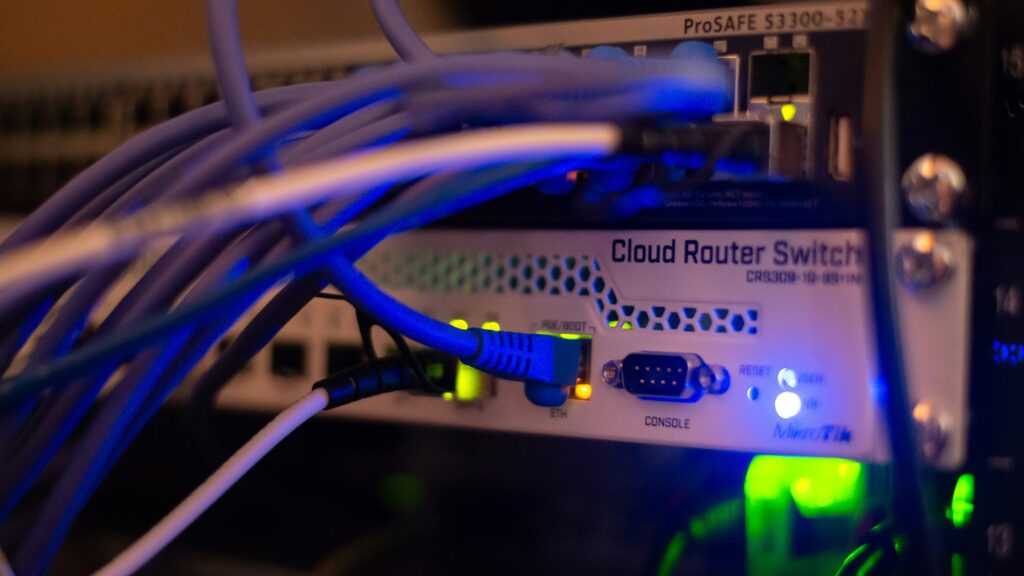On Monday, two underwater fibre-optic communication cables running between Finland and Germany were found severed, and both countries have launched an investigation into the incident.
German Defence Minister Boris Pistorius stated that the damage to the cables was intentional. “No one believes these cables were cut by accident,” he said during an EU defence ministers’ meeting in Brussels. “We must assume, without knowing for certain, that it was sabotage.” Pistorius added that neither Germany nor Finland had identified the perpetrators.
In a joint statement, the two countries confirmed the discovery of the damaged fibre-optic cables and noted that the investigation was ongoing. While they have not identified the culprits, they highlighted that the incident occurred at a time when European security is threatened not only by Russia’s war on Ukraine but also by hybrid warfare tactics from hostile actors. Pistorius pointed to the possibility of “hybrid actors” being behind the damage, implying that Russia, often linked to such tactics, could be partially responsible.
Finland’s Defence Minister Antti Häkkänen, also speaking in Brussels, emphasized the need for better protection of critical infrastructure. “The fact that such an incident immediately raises suspicions of intentional damage speaks volumes about the volatility of our times,” both countries said in their statement.
The damaged cable, which spans nearly 1,200 kilometers from Helsinki to the German port of Rostock, was operated by Finnish state-owned Cinia, which confirmed the damage was detected on Monday.
This incident is not the first involving underwater infrastructure in the Baltic Sea. On Sunday, a 218-kilometre internet link between Lithuania and the Swedish island of Gotland also suffered a service disruption, according to a Swedish telecom company.
In 2022, explosions damaged the Nord Stream gas pipelines in the Baltic Sea, sparking various conspiracy theories about the attackers, with unverified claims implicating the US, Ukraine, and Russia.
